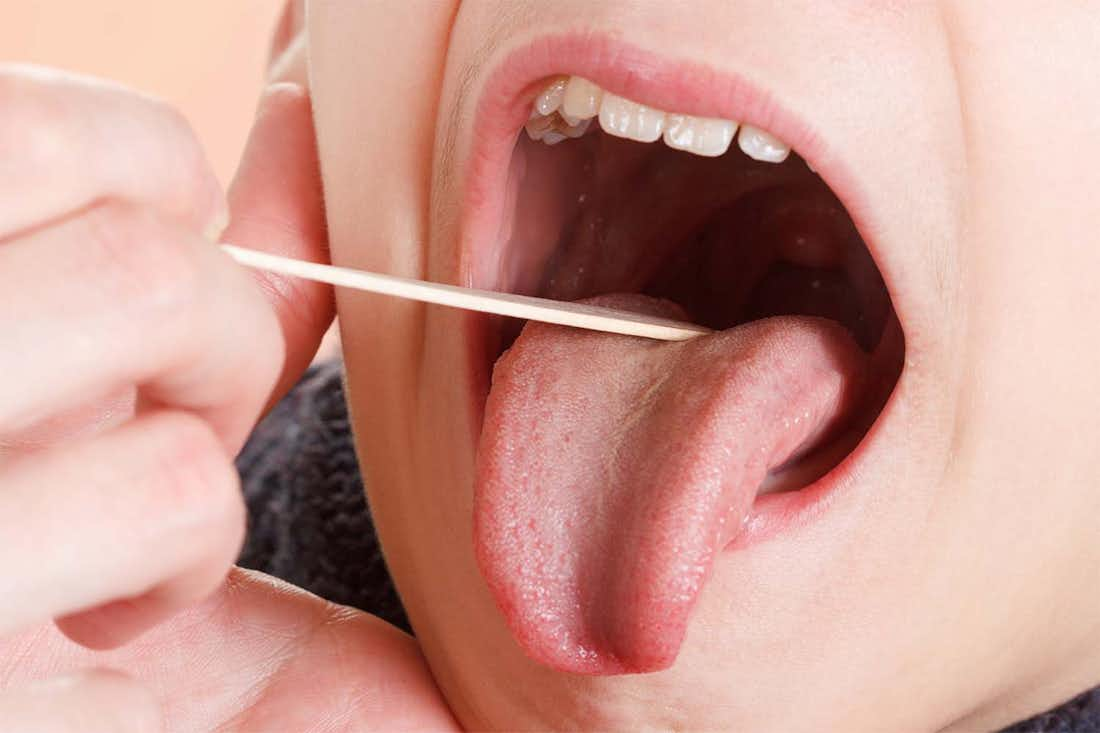Feb 18, 2022
Can Peanuts Cause Diarrhea?
2 minute read
Reese’s peanut butter cups are the eighth wonders of the world, and it’s pretty easy to sit there and eat an entire pack in one sitting. With that said, you can expect to feel a little bit of an upset stomach afterward.
While some tummy aches and subsequent diarrhea are expected after downing so much sugar, it’s not super normal for it to occur after eating just one. Many people experience runny bowel movements after consuming just peanuts.
So it begs the question -- can peanuts cause diarrhea? Here’s everything you need to know, including ways to tolerate it.
Relationship Between Peanuts and Diarrhea
Peanuts aren’t actually nuts -- they’re legumes! But regardless, why would these small, seemingly harmless foods cause so much discomfort in so many people? While diarrhea linked to eating peanuts isn’t super common, it is a very real phenomenon in some unlucky few.
Especially with age, you may start to come across certain foods that affect your digestive system. These are called food sensitivities or intolerances. A lot of people are lactose intolerant, which means that dairy products can easily upset their stomachs. For that reason, peanuts may simply cause a belly ache because of age.
But on top of that, peanuts contain fermentable oligosaccharides, Disaccharides, Monosaccharides, and Polyols. This giant line of gibberish is better known as the acronym FODMAPs. Essentially, these are short-chain carbs, or sugars, that the small intestine absorbs poorly. The end result is cramping, bloating, gas, and diarrhea.
Most legumes contain high levels of oligosaccharides, which might lead to symptoms of irritable bowel syndrome (IBS). With that said, they are still considered low FODMAP food, so they may not be too terrible for someone with IBS to consume.
With that said, if your body cannot properly break down the proteins in peanuts adequately, you may still have some adverse side effects.
Food Intolerance vs. Food Allergy
Peanut allergies are among the most common food allergies in children, and the number of individuals that experience allergic reactions to this food is on the rise. But having diarrhea when you eat peanuts doesn’t necessarily mean you’re allergic.
An intolerance is different from an allergy in that your body does not have an allergic reaction to the food despite difficulties digesting it. An allergic reaction occurs when the immune system reacts abnormally to a foreign substance.
If you’re only feeling stomach upset or diarrhea from eating a certain food, it’s likely just an intolerance. Though if you feel any of the following symptoms, it may be an allergy:
Tingling or itching in the throat or mouth Hives, itching, or eczema Swelling of the face, lips, tongue, or throat Wheezing or trouble breathing Dizziness or lightheadedness
The thing is, abdominal pain and diarrhea are also food allergy symptoms, so it can sometimes be difficult to tell the difference. If you have any doubts, you should talk to your doctor or go and see an allergy specialist.
Knowing the difference between food intolerance and food allergy can be a matter of life and death. A potentially life-threatening allergic reaction called anaphylaxis can occur if you ingest a food you’re allergic to, like peanuts. This condition causes a sudden drop in blood pressure and causes your airways to narrow. By contrast, a food intolerance won’t kill you. It will just make you feel a little worse for wear.
The good news is that you can avoid food allergies by paying attention to what you’re ingesting. In some ways, they are a bit easier than avoiding airborne allergens such as seasonal allergies, which are an invisible threat that persists for months at a time.
How Do I Know If I Have a Food Intolerance?
Figuring out if you have a food intolerance can be sort of tricky, as the symptoms often mirror those of other conditions. However, there are some ways you might be able to rule out other options.
The best way is to monitor the symptoms and the foods you eat. If you get diarrhea after eating something containing peanuts, try going a few days without consuming peanuts to see how you react. If you feel okay, you might be intolerant. But if the symptoms persist, it may be something else.
You can try keeping a physical food diary to keep track. Write down the foods you eat, symptoms you feel after eating these foods, as well as when these symptoms occur.
If you cut out a food for two to six weeks and you feel great, try reintroducing it into your diet. If it upsets your stomach and makes you feel gross, you are probably intolerant to it.
Many companies also claim to make food intolerance tests, but none of these are based on scientific evidence. If you have doubts, you should try the trial elimination diet described above. Or better yet, make an appointment with a dietician for recommended courses of action.
Could My Symptoms Be Something Else?
Food intolerance symptoms are similar to the signs of several other conditions. One of the most alike is IBS or irritable bowel syndrome. It’s a common disorder that affects the large intestine.
People with IBS experience cramping, bloating, diarrhea, gas, and/or constipation. It’s a chronic condition that has to be managed long-term. While most people only have mild symptoms that can be controlled with proper diet and lifestyle, a small number of people experience severe symptoms that may require medication.
Stress or an anxiety disorder can also cause an upset stomach, leading to diarrhea. Additionally, your loose bowel movements can result from celiac disease, a condition where your immune system attacks its own tissues after eating gluten.
Treating Diarrhea
If you have abnormal bowel movements because of food intolerance from peanuts, dairy, or other food, there are some ways you can try to alleviate your discomfort.
One of the most important courses of action is to replace fluids and salts, as diarrhea can cause an excessive loss of essential nutrients. While water will restore hydration, it doesn’t contain electrolytes like sodium or potassium essential for your body to function.
If you’ve had frequent diarrhea, drink a sports beverage, fruit juice, or sip on the salty broth of some soup.
You can also load up on probiotics, which are “good” bacterias that support a healthy gut environment. Essentially, they’re tiny microorganisms in certain foods and can help protect your intestines against infection. Foods that are natural probiotics include:
Kefir Kombucha Yogurt Tempeh Cottage cheese Dark chocolate Sauerkraut Miso Sourdough bread
And while it may sound counterintuitive to eat more when eating has been the cause of your diarrhea, it might be able to help. Fiber is an important nutrient for softening stool and supporting healthy bowel movements. But when your stool is loose, you should consume low-fiber foods to actually help firm it up.
Low-fiber foods usually well-tolerated include bananas, applesauce, dry white toast, and white rice.
If your symptoms are still super persistent, there are some over-the-counter antidiarrheal medications that can help. Loperamide slows the movement of food through your intestines, allowing you to absorb more liquid. Additionally, Bismuth Subsalicylate affects the way your body digests food. It can also help with an upset stomach. It is always important to consult a doctor before doing any of these medications.
Relief You Can Stomach
Diarrhea and an upset stomach are enough to take you down for the count on the best of days. And believe it or not, the culprit of your symptoms might be something as harmless as a tiny peanut.
Peanuts contain a type of sugar that might lead to an upset stomach in several people. Not to mention, some people just become more sensitive to certain foods with age, and peanuts might become one of those foods for you.
It’s important to understand the difference between peanut intolerance and a peanut allergy. Peanut intolerances are non-life-threatening and usually only result in digestive issues. Food allergies can be life-threatening and usually cause several symptoms, including diarrhea.
If you have any doubts, don’t worry. Your online allergist is in session to help you rule out peanut allergies as the cause of your discomfort. Take your free allergy consultation now to take one big step towards personalized care.
Reviewed by Dr. Payel Gupta
Sources:
FODMAP Diet: What You Need to Know | Johns Hopkins Medicine
Peanut Allergy | Causes, Symptoms & Treatment | ACAAI Public Website
Food allergy - Symptoms and causes | The Mayo Clinic
Anaphylaxis - Symptoms and causes | The Mayo Clinic
Irritable bowel syndrome - Symptoms and causes | The Mayo Clinic
What is Celiac Disease? | Celiac Disease Foundation
Anti-diarrheal Medicines: OTC Relief for Diarrhea | familydoctor.org



